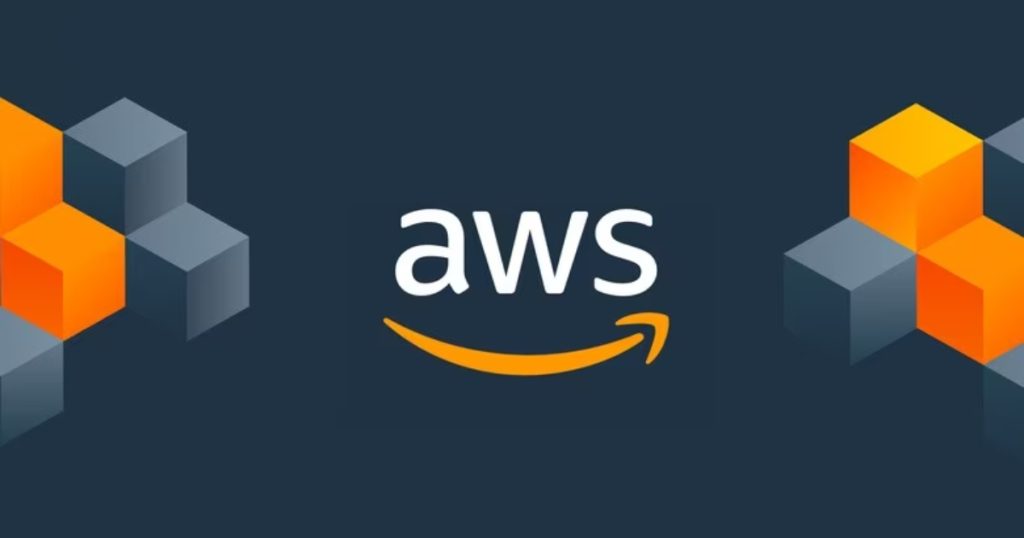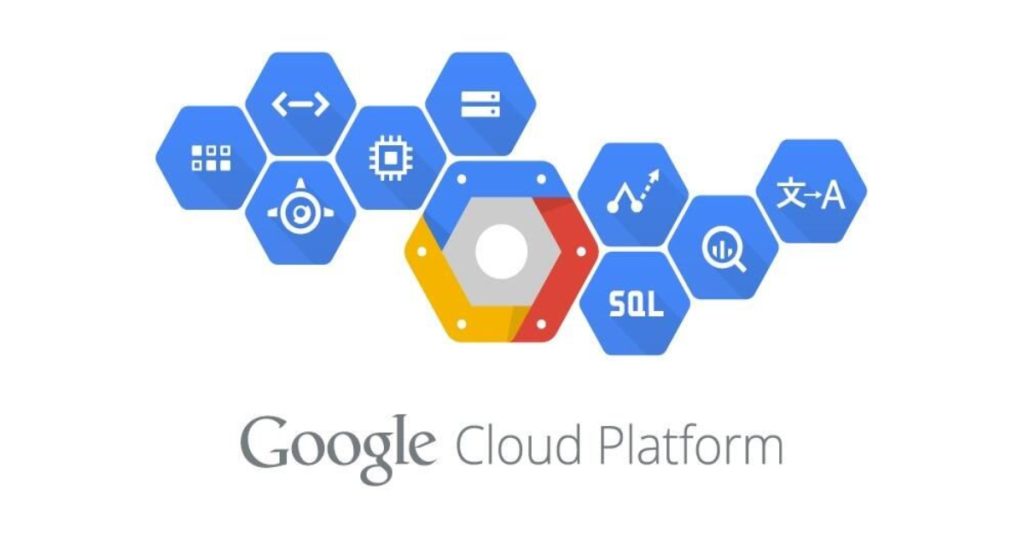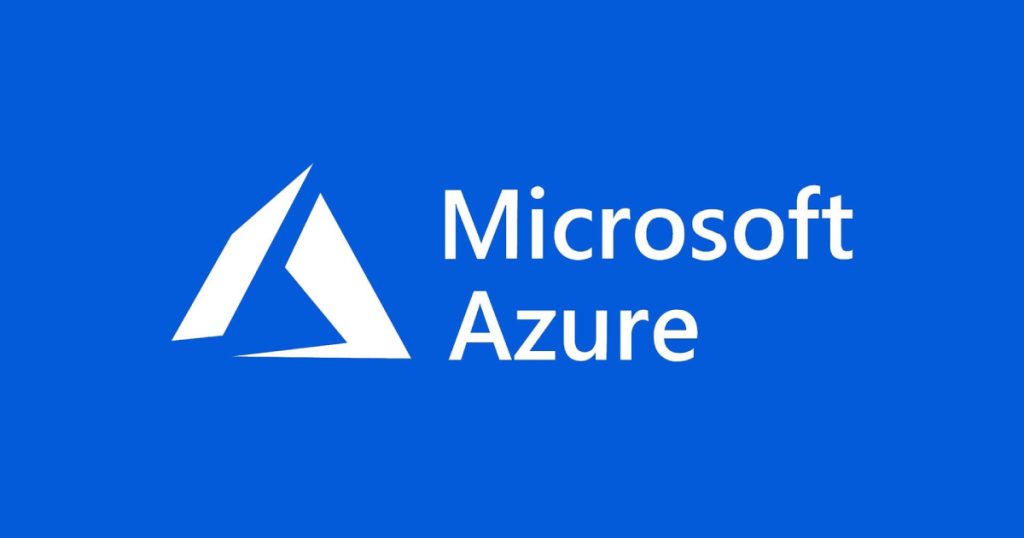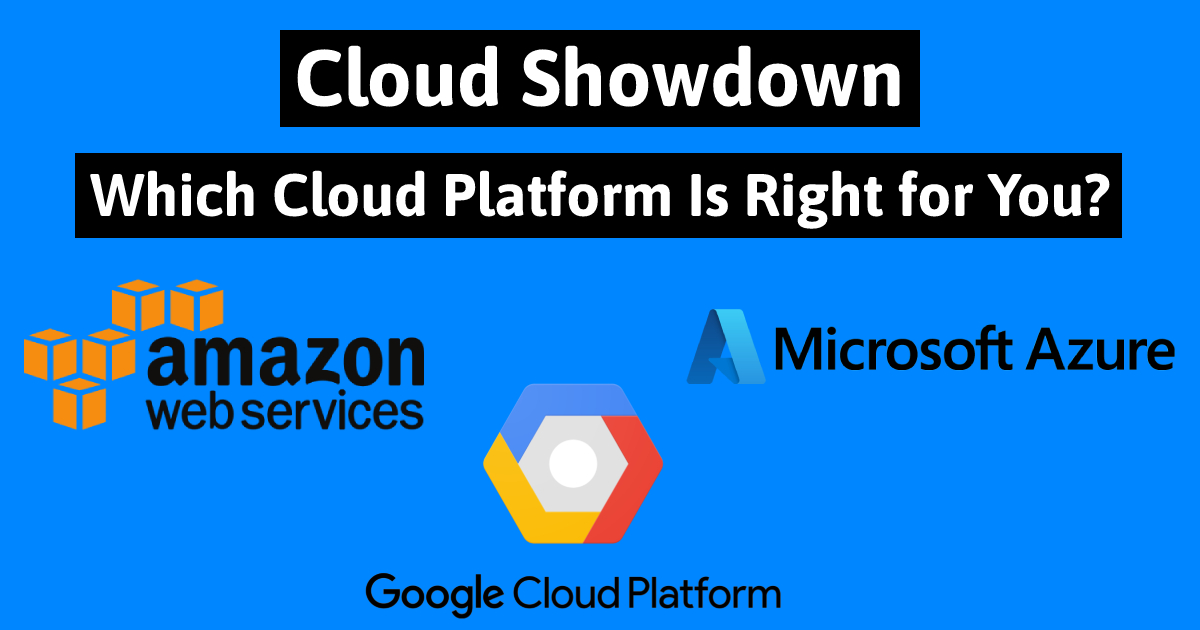Choosing the right cloud provider is crucial in today’s digital landscape. In this comprehensive comparison, we’ll explore the strengths, features, and offerings of each platform to help you make an informed decision.
Whether you’re a startup, enterprise, or developer, this showdown will guide you in selecting the cloud platform that suits your needs.
Join us as we evaluate scalability, performance, pricing, services, and support to determine the best fit for your project.
The History of Amazon Web Services (AWS)

Amazon Web Services (AWS) was conceived in 2003 when Amazon.com faced challenges in scaling its infrastructure. In 2006, AWS was launched with services like S3 and EC2, providing scalable storage and virtual servers. It steadily expanded its offerings with services like DynamoDB and Elastic Beanstalk.
AWS focused on enterprise customers, improving security and compliance. Recent years saw global expansion and innovative services like Aurora and Rekognition.
Today, AWS dominates the cloud market, offering over 200 services to millions of customers worldwide.
Advantages of AWS
- Market Leader – AWS is considered the market leader due to its extensive range of services, global infrastructure, established reputation, and a large and mature ecosystem.
- Scalability – Offers scalable resources that adapt to your needs, ensuring optimal application performance even during high traffic and workload.
- Flexibility – Offers a comprehensive suite of services to meet diverse business needs, including storage, compute power, databases, AI, machine learning, analytics, and more.
- Reliability – AWS has a highly reliable infrastructure with multiple data centers across regions, ensuring high availability and minimizing service disruptions.
- Security – Ensures robust security with built-in features like encryption, access control, and compliance with security standards and regulations.
- Cost-Effectiveness – AWS offers cost-effective usage-based pricing, eliminating upfront investments in hardware. It provides cost optimization tools to manage and optimize cloud spending.
Disadvantages of AWS
- Complexity – AWS has a complex learning curve, especially for beginners.
- Cost – Pricing can be complex, leading to unexpected expenses if not carefully managed.
- Dependency – Heavy reliance on AWS services may result in vendor lock-in, making future migration to another provider or on-premises infrastructure challenging.
- Security Responsibility – While AWS provides security measures, user responsibility for securing applications and data within AWS can lead to vulnerabilities and breaches if misconfigurations or inadequate security practices occur.
- Performance Variability – In multi-tenant environments, AWS performance may fluctuate due to other users’ activities, affecting the user experience during high-demand periods or heavy traffic instances.
Companies that use AWS
- Netflix
- Airbnb
- Adobe
- Spotify
- Lyft
- Nasa
- BMW
- Unilever
- Slack
- Expedia
The Google Cloud Platform (GCP)

GCP, short for Google Cloud Platform, was officially launched in 2011, although Google had been providing cloud services before that under different names. It started with core services like Compute Engine and App Engine, providing infrastructure and platform-as-a-service solutions.
Over the years, GCP expanded its offerings, introducing services like BigQuery, Cloud Storage, and Kubernetes Engine. Google emphasized innovation, with investments in AI and machine learning capabilities.
GCP also focused on open-source technologies, contributing to projects like TensorFlow and Kubernetes.
With a global network of data centers and a strong presence in the market, GCP has become a leading player in the cloud industry, serving a diverse range of customers from startups to enterprises.
Advantages of GCP
- Scalability – GCP provides scalable infrastructure for optimal performance and cost-efficiency.
- Robust Data Analytics – They offer powerful data analytics tools for quick data processing and insightful decision-making.
- Machine Learning Capabilities – GCP offers a wide range of machine learning services, enabling businesses to leverage advanced analytics and automation for enhanced operations and customer experiences.
- Global Network and Infrastructure – GCP’s global data center network ensures reliable and fast access to applications and services worldwide, enhancing availability and performance for global operations.
- Cost-Effectiveness – Their cost optimization tools and competitive pricing models help businesses achieve cloud cost efficiencies for long-term workloads.
Disadvantages of GCP
- Learning Curve – GCP has a steep learning curve, requiring time and effort to master its services and features.
- Limited Service Offering – GCP offers fewer services compared to other cloud providers, potentially lacking some specialized options available elsewhere.
- Documentation and Community Support – Documentation and community support may be limited, making it harder to find solutions and get timely help.
- Geographical Availability – Data center coverage may be limited, posing challenges for businesses needing data residency or serving customers in unsupported regions.
- Integration Complexity – Integration with third-party systems or legacy applications may require additional effort, resulting in complexity and increased development time.
Companies that use GCP
- Spotify
- Snapchat
- PayPal
- Coinbase
- Etsy
- HTC
- Philips
- Intuit
- Target
The History of Microsoft Azure (Azure)

Azure, Microsoft’s cloud platform, launched in February 2010. It grew from Microsoft’s earlier investments in data centers and infrastructure. Originally called “Project Red Dog,” Azure aimed to provide a comprehensive cloud solution. It has since expanded with offerings like Infrastructure as a Service (IaaS), Platform as a Service (PaaS), and Software as a Service (SaaS).
Today, Azure is a leading cloud platform, empowering customers globally with its services and integration with Microsoft’s ecosystem.
Advantages of Azure
- Scalability and Flexibility – Azure offers scalable infrastructure for optimized performance and cost-efficiency.
- Comprehensive Service Portfolio – Azure offers diverse services for tailored solutions, including compute, storage, networking, databases, AI, and more.
- Hybrid Capabilities – Azure offers robust hybrid cloud capabilities, enabling seamless integration of on-premises infrastructure with the cloud for flexibility and easy migration.
- Enterprise-Grade Security – Azure prioritizes security, offering robust measures such as encryption, access management, and compliance with security standards to protect data and applications.
- Integration with Microsoft Ecosystem – Azure seamlessly integrates with other Microsoft products and services, leveraging existing investments and enabling easy application deployment within a familiar environment.
Disadvantages of Azure
- Learning Curve – Azure’s learning curve can be steep for non-Microsoft technology users, requiring significant time and effort to grasp its diverse services and features.
- Complexity – Azure’s extensive services and options can complicate configuration and management, especially for businesses with complex infrastructure or specific needs, necessitating advanced technical expertise to maximize Azure’s potential.
- Cost – Their pricing structure can be complex, making it challenging to estimate and control costs effectively. Businesses must carefully manage their usage to avoid unexpected expenses.
- Limited Support for Certain Technologies – They may have limited support for niche or specialized technologies compared to other cloud providers, which can be a limitation for businesses reliant on specific tools or frameworks not well-supported by Azure.
- Documentation and Community Support – Their documentation and support resources may not be as extensive or mature as other major cloud providers. This can make it challenging for users to find comprehensive and timely solutions or access a strong support community.
Companies that use Azure
- BMW
- Adobe
- Samsung
- HP
- FedEx
- Coca-Cola
- Siemens
- GE
- Pearson
- NBCUniversal
Final Thoughts
In conclusion, choosing the right cloud platform (AWS, GCP, or Azure) depends on your specific needs and preferences.
Each platform has its own strengths: AWS offers extensive services, GCP excels in data analytics and machine learning, and Azure integrates well with Microsoft technologies.
In our honest opinion, we highly recommend either AWS or GCP as our top choices due to their exceptional capabilities and suitability for various business needs.
If you are ready and interested in developing a mobile app, you can always contact us to help you build it.






